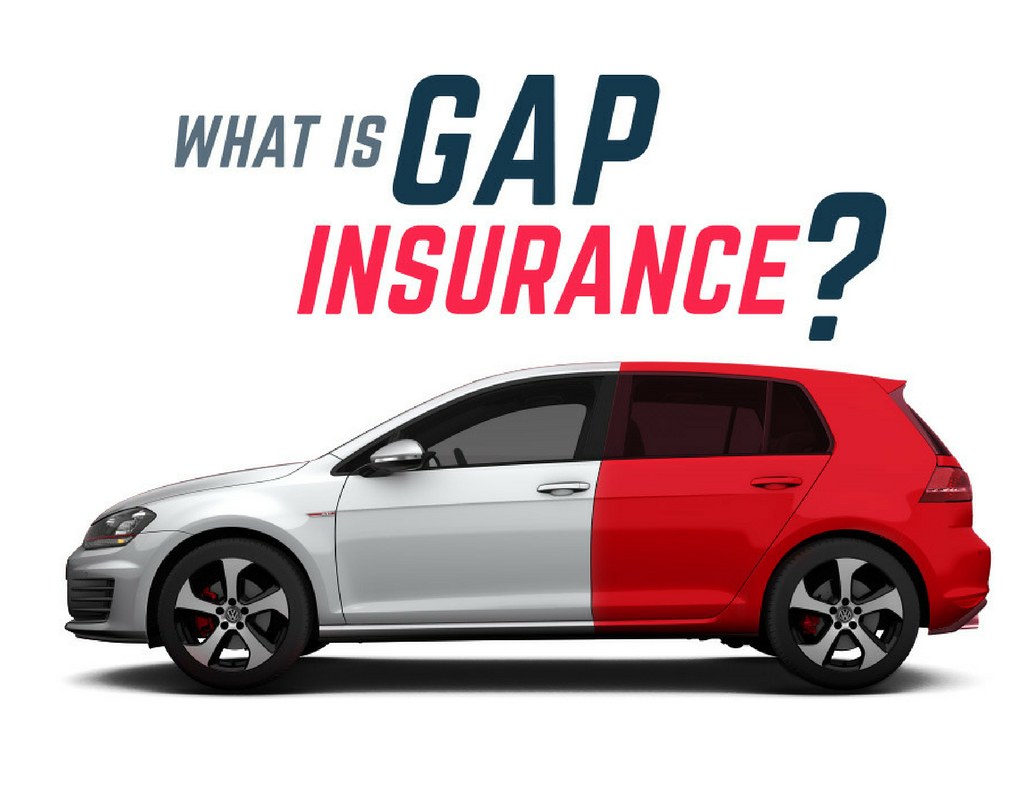What is Car Insurance and Its Coverage?

What is car Insurance?
Car insurance is a type of financial protection that provides coverage for potential financial losses or liabilities resulting from accidents, theft, or other unexpected events involving a motor vehicle. In exchange for the payment of regular premiums, an insurance company agrees to compensate the policyholder for specified damages, injuries, or losses as outlined in the insurance policy.
The coverage offered by car insurance can vary, but it typically includes protection for the insured vehicle, liability coverage for bodily injury or property damage caused to others, and coverage for medical expenses related to accidents. Car insurance is mandatory in many places to ensure that drivers can meet their financial responsibilities in the event of an accident.
There are different types of car insurance policies, including comprehensive coverage, collision coverage, liability coverage, and more. The specific terms, conditions, and coverage limits can vary between insurance providers and policies. It’s important for individuals to carefully review and choose the insurance coverage that best suits their needs and financial situation.
How does car insurance work?
Car insurance works by providing financial protection to policyholders in the event of covered incidents involving their vehicles.
Here’s a basic overview of how car insurance works:

1. Policy Purchase:
Individuals or businesses interested in car insurance begin by purchasing a policy from an insurance company.
The policy outlines the terms, conditions, coverages, and limits for the insurance protection.
2. Premium Payments:
Policyholders pay regular premiums (monthly, quarterly, or annually) to the insurance company.
Premium amounts are based on various factors such as the driver’s age, driving history, location, type of coverage, and the insured vehicle’s make and model.
3. Coverage Types:
Car insurance typically includes different types of coverage, such as:
- Liability Coverage: Pays for bodily injury and property damage to others if the policyholder is at fault in an accident.
- Collision Coverage: Covers damage to the insured vehicle resulting from a collision with another vehicle or object.
- Comprehensive Coverage: Protects against non-collision events like theft, vandalism, natural disasters, or animal collisions.
- Medical Payments Coverage: Pays for medical expenses for the policyholder and passengers in the insured vehicle, regardless of fault.
4. Filing a Claim:
If an insured event occurs (e.g., an accident or theft), the policyholder contacts the insurance company to file a claim.
The claim includes details about the incident, and the insurance company assesses the claim based on the policy terms and conditions.
5. Claim Assessment:
The insurance company investigates the claim, inspects the damage, and determines whether the incident is covered under the policy.
If the claim is approved, the insurance company will provide compensation up to the policy’s coverage limits.
6. Deductibles:
Most insurance policies have deductibles, which are the amounts policyholders must pay out of pocket before the insurance coverage kicks in.
Higher deductibles often result in lower premium costs, but it means the policyholder is responsible for a larger share of the initial expenses.
7. Renewal and Adjustments:
Car insurance policies are typically renewed periodically.
Premiums, coverage, and other policy details may be adjusted at renewal based on the policyholder’s history, changes in risk factors, and other considerations
It’s crucial for policyholders to understand the terms of their insurance policies, including what is covered, any exclusions, and the process for filing claims. Additionally, maintaining a good driving record can help keep premiums more affordable over time.
Car insurance coverage

Car insurance coverage refers to the specific protections and benefits that an insurance policy provides to the policyholder in the event of covered incidents involving their vehicle. Different types of coverage are available, each serving a specific purpose. Here are some common car insurance coverages:
1. Uninsured/Underinsured Motorist Coverage:
Safeguards the policyholder on the off chance that they are engaged with a mishap with a practically no driver protection.
2. Personal Injury Protection (PIP):
Similar to medical payments coverage, PIP covers the medical expenses and other related costs for the policyholder and passengers, regardless of fault. PIP may also cover additional expenses like lost wages.
3. Rental Reimbursement:
Pays for the cost of renting a temporary replacement vehicle if the insured vehicle is being repaired due to a covered incident.
4. Towing and Labor Coverage:
Covers the costs associated with towing and labor if the insured vehicle breaks down or requires assistance.
5. Gap Insurance:

If the insured vehicle is financed or leased, gap insurance covers the difference between the actual cash value of the vehicle and the outstanding balance on the loan or on the other hand rent in case of a complete misfortune.
6 Custom Parts and Equipment Coverage:
Covers the cost of repairing or replacing aftermarket accessories and modifications added to the insured vehicle.
Policyholders can customize their coverage by selecting the types and amounts of coverage that best suit their needs and budget. It’s essential to review and understand the terms and conditions of each coverage type within the insurance policy.
Importance of Car Insurance
Car insurance is important for several reasons, offering financial protection and peace of mind to both drivers and society as a whole. Here are some key reasons highlighting the importance of car insurance:
Legal Requirement:
In many places, having car insurance is a legal requirement. Driving without insurance can lead to fines, license suspension, or legal consequences. Car insurance ensures that drivers can meet their financial responsibilities in the event of an accident.
Financial Protection:
Car insurance provides financial protection against the high costs associated with vehicle repairs, medical expenses, and property damage resulting from accidents. Without insurance, individuals would be personally responsible for covering these expenses.
Liability Coverage:
Liability coverage in car insurance protects the policyholder from financial ruin by covering the costs of bodily injury and property damage for which they are legally responsible. This helps safeguard personal assets and savings.
Protects Against Uninsured Motorists:
Uninsured/underinsured motorist coverage ensures that policyholders are protected if they are involved in an accident with a driver who has little or no insurance. This coverage helps cover medical expenses and property damage in such situations.
Ensures Prompt Repairs:

Car insurance, especially collision and comprehensive coverage, ensures that necessary repairs to the insured vehicle are carried out promptly after covered events like accidents, theft, or vandalism.
Medical Expenses Coverage:
Medical payments coverage and personal injury protection (PIP) in car insurance help cover medical expenses for the policyholder and passengers, regardless of fault. This is particularly crucial in the event of injuries sustained in an accident.
Promotes Responsible Driving:
Knowing that they are financially protected in case of accidents, insured drivers may feel more secure and be more likely to drive responsibly. This, in turn, contributes to overall road safety.
Protects Against Non-Collision Events:
Comprehensive coverage protects against non-collision events like theft, vandalism, natural disasters, and animal collisions, offering a broader range of protection beyond typical accidents.
Peace of Mind:
Car insurance provides peace of mind for drivers, knowing that they have a safety net in place to handle unforeseen circumstances. This can reduce stress and anxiety related to the potential financial impact of accidents.
Supports Society:
Car insurance helps maintain a system where individuals take financial responsibility for their actions on the road. This collective responsibility contributes to the overall stability and functionality of the transportation system.
Conclusion
Obtaining car insurance is a crucial step for every vehicle owner. It provides financial protection and peace of mind in the face of unforeseen events such as accidents, theft, or natural disasters. Car insurance not only safeguards your own interests but also ensures the well-being of others on the road by covering potential liabilities. It is essential to carefully compare and choose the right insurance policy based on individual needs, driving habits, and budget constraints. Regularly reviewing and updating the policy is also important to ensure adequate coverage. Ultimately, investing in car insurance is a responsible decision that contributes to safer roads and financial security for all parties involved.
What does an insurance company do?
Insurance corporations are financial intermediaries that offer direct insurance or reinsurance services, providing financial protection from possible hazards in the future.
Why is insurance important?
Insurance acts as a vital shield against unforeseen circumstances.
What are the 7 principles of insurance?
In insurance, 7 basic principles should be upheld, i.e. Insurable interest, Utmost good faith, proximate cause, indemnity, subrogation, contribution and loss of minimization.


